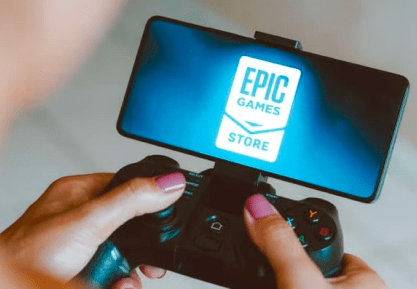
Disney to take $1.5 billion stake in Epic Games, work with Fortnite maker on new content
Monday, 12 February, 2024
Disney is investing $1.5 billion for a stake in Epic Games, CEO Bob Iger said Wednesday, in its biggest bet yet on the gaming space.
The media giant will work with the Fortnite studio to create new games and an entertainment universe where consumers can “play, watch, shop and engage with content, characters and stories from Disney, Pixar, Marvel, Star Wars, Avatar and more,” Disney said in a press release.
Disney did not say what the valuation of Epic, a private company, would be after the media company’s funding.
In an interview with CNBC’s Julia Boorstin, Iger called the investment “probably our biggest foray into the game space ever.”
“Which I think is not only timely, but an important step when you look at the demographic trends and where Gen Alpha and Gen Z and even millennials are spending their time and media,” he said.
The partnership comes after Disney had success licensing figures such as Spider-Man for blockbuster video games, and collaborated with Epic to bring characters from Marvel, Star Wars, “The Nightmare Before Christmas,” “Tron” and more to Fortnite.
The deal also extends a string of major partnerships for Epic.
Fortnite has recently collaborated with Lego for a survival crafting game within the gaming platform similar to Minecraft. It also launched Fortnite Festival, a rhythm game from Harmonix, which created the game Rock Band.
“Disney was one of the first companies to believe in the potential of bringing their worlds together with ours in Fortnite, and they use Unreal Engine across their portfolio,” said Epic Games founder and CEO Tim Sweeney in a statement. “Now we’re collaborating on something entirely new to build a persistent, open and interoperable ecosystem that will bring together the Disney and Fortnite communities.”
Aside from Fortnite, Epic Games is well-known for challenging Apple and Google in court to force them to lower their app store fees. Sweeney was personally involved in both challenges, from the planning stages to testifying in court.
He won a victory against Google, although that decision is expected to be appealed, and mostly lost against Apple.
— CNBC’s Kif Leswing contributed to this report.
